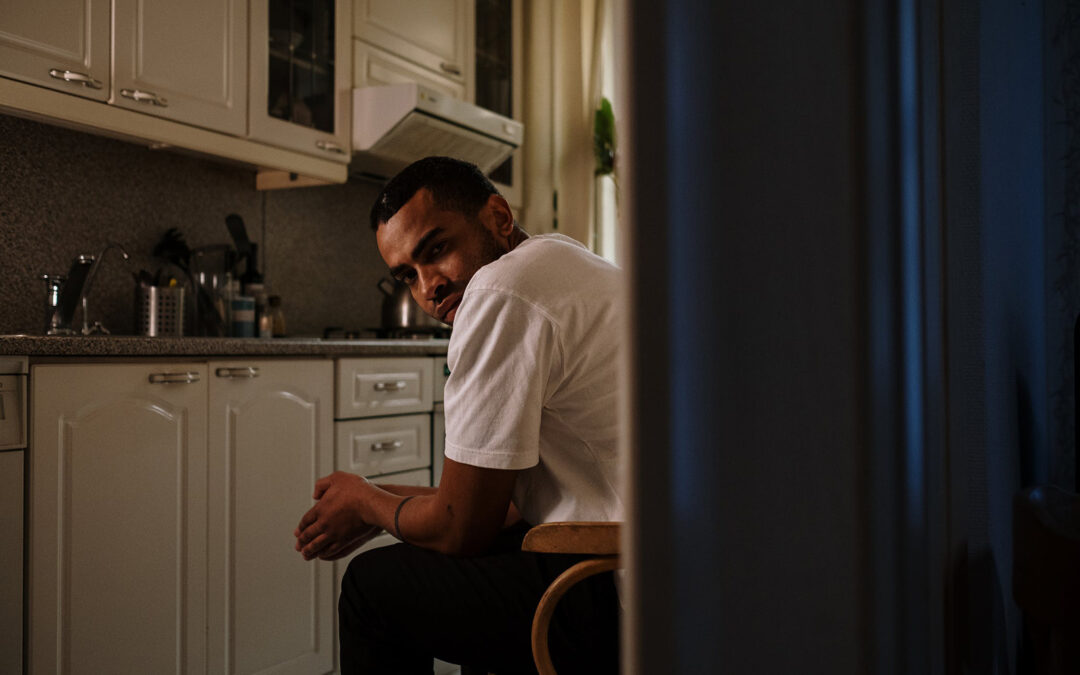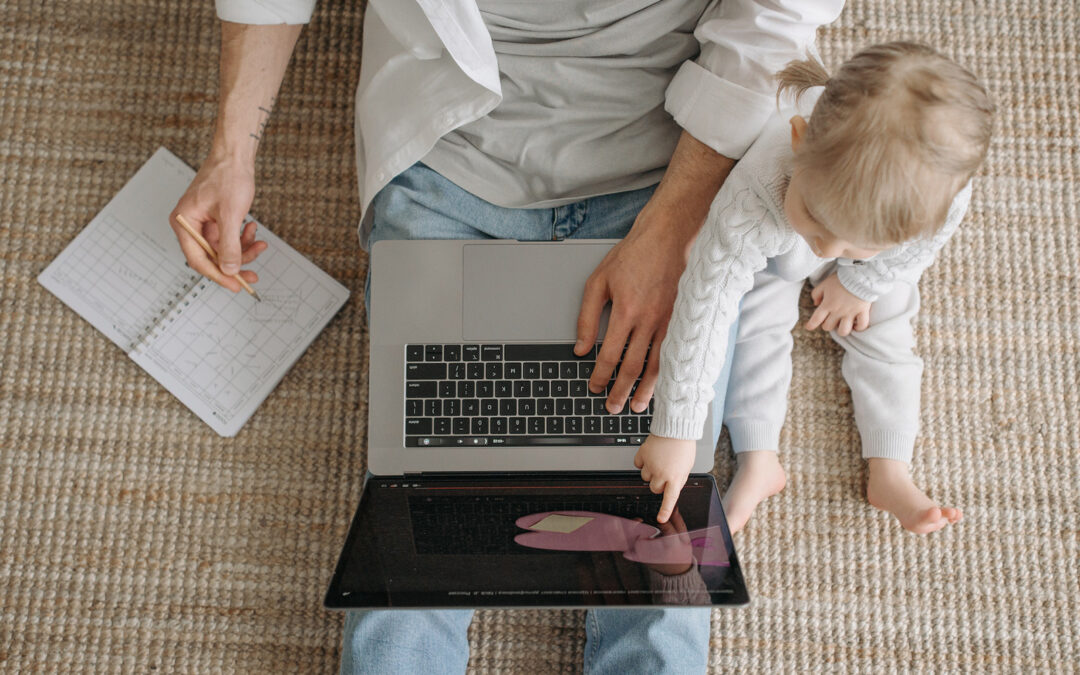Anxiety
Anxiety is a very normal responseby the body to stressful situations and events.
Scenarios such as moving, changing jobs or financial troubles are common causes for anxiety, which is experienced by many people at some point in their lives. When those symptoms of anxiety become larger than the events that triggered them in the first place and begin to interfere with your life, they could be signs of anxiety disorder. It is believed that certain traumatic experiences can trigger anxiety in people who are prone to it and it’s possible that genetics play a role, as well.
Anxiety manifests itself in a variety of ways and people can experience it for anywhere from a few minutes to multiple days. In some cases, anxiety can be caused by underlying health issues and could be the initial signs of a physical, rather than mental, illness. Some of the most common signs of anxiety include:
• Excessive worrying/nervousness
• Feelings of panic/dread/danger
• Agitation/irritability
• Restlessness or being tense
• Difficulty focusing or thinking clearly
• Irrational fears/phobias
• Fatigue
*
Another result of anxiety can be the accompanying panic attacks. These attacks include a sudden onset of fear that usually peaks within minutes and involves at least four of the following symptoms:
• Sweating
• Palpitations
• Shaking or trembling
• Shortness of breath
• Chest tightness or pain
• Nausea
• Light-headedness or dizziness
• Drastic body temperature changes
• Numbness or tingling sensations
• Fear of “going crazy” or dying
Since a number of these symptoms are associated with other health problems such as heart disease, thyroid problems and breathing disorders, people with anxiety disorders may make frequent trips to the doctor believing that they are experiencing life-threatening health issues other than anxiety.
Some ways you can treat anxiety at home include:
- Getting regular exercise
- Avoiding alcohol and recreational drug use
- Getting enough sleep
- Maintaining a healthy diet
- Utilizing stress management and relaxation techniques
While anxiety can be exhausting and crippling, it can also be managed with appropriate medical attention. If you are ready to get help with your anxiety, start by seeing your doctor. They will be able to help determine if your symptoms are the result of any physical health conditions and then can provide you with an appropriate treatment plan to help alleviate your anxiety.
You cannot, nor should you, try to avoid anxiety. If you start to avoid situations that make you feel anxious, you can actually make things worse.
Learning to cope with anxiety is a life skill and a necessary part of being human.
Managing Anxiety Interactive Toolkit
You cannot, nor should you, try to avoid anxiety. Learning to cope with it is a life skill and a necessary part of being human. This interactive toolkit provides tried and tested information and tips for better understanding and managing anxiety.
Related Articles
Understanding Why Anxiety and Depression are Often Confused
Many folks get their wires crossed when trying to figure out the differences between anxiety and depression. It’s like mixing up two very different shades of blue – they might look similar at a glance, but they’re definitely not the
Understanding Anxiety: A Guide to Symptoms and Solutions
Understanding anxiety is a journey many are forced to embark on these days. The fact of the matter is, anxiety disorders disrupt daily life and affect nearly one-third of adults in the U.S. at some point in their lives.
Creating Balance as a Father: Achieving Work-Life Harmony
Creating balance as a father in today’s fast-paced world is an increasingly complex challenge. The struggle for work-life balance among modern fathers has become a critical issue, with many experiencing increasing work-family conflict and lack of support from companies regarding



